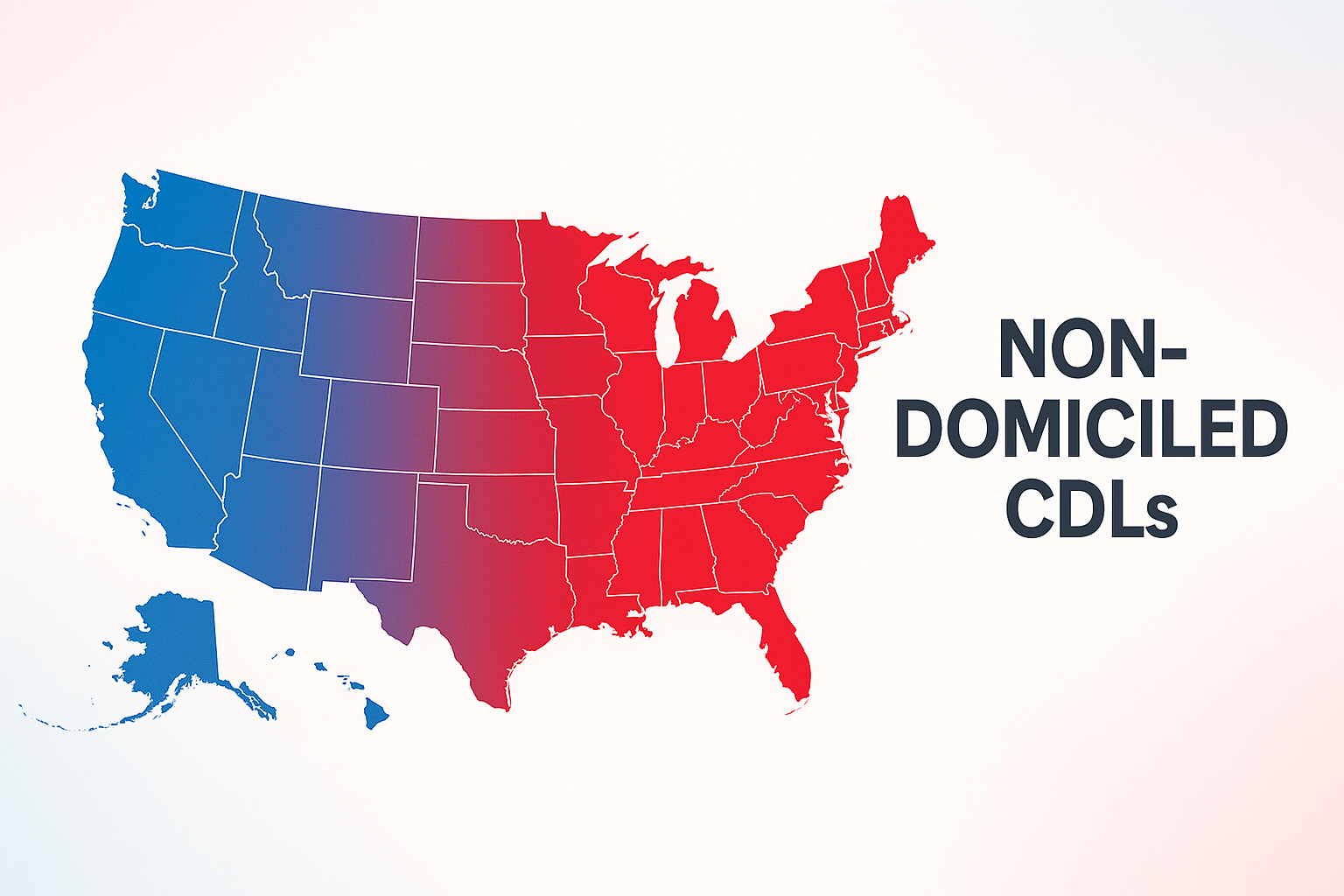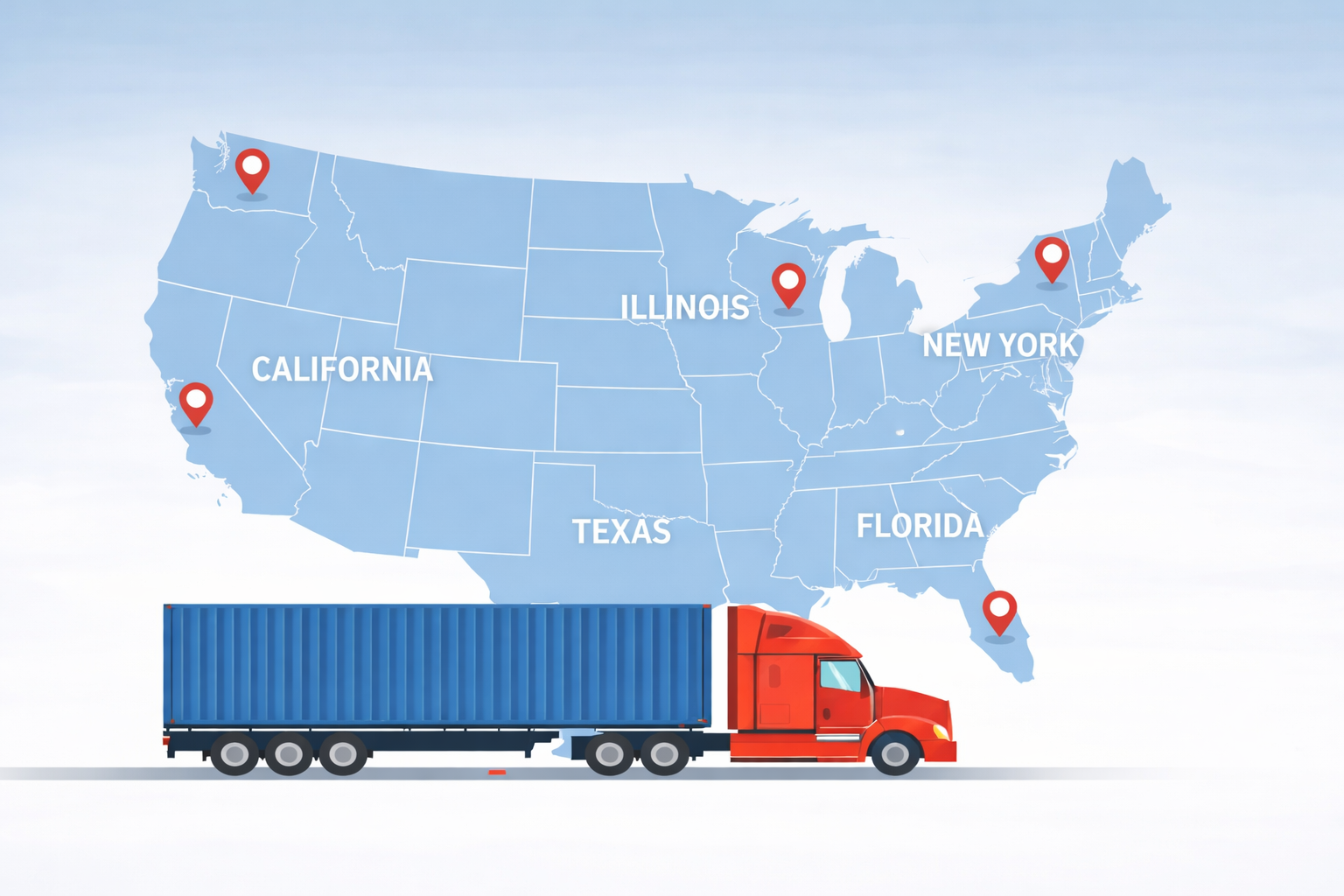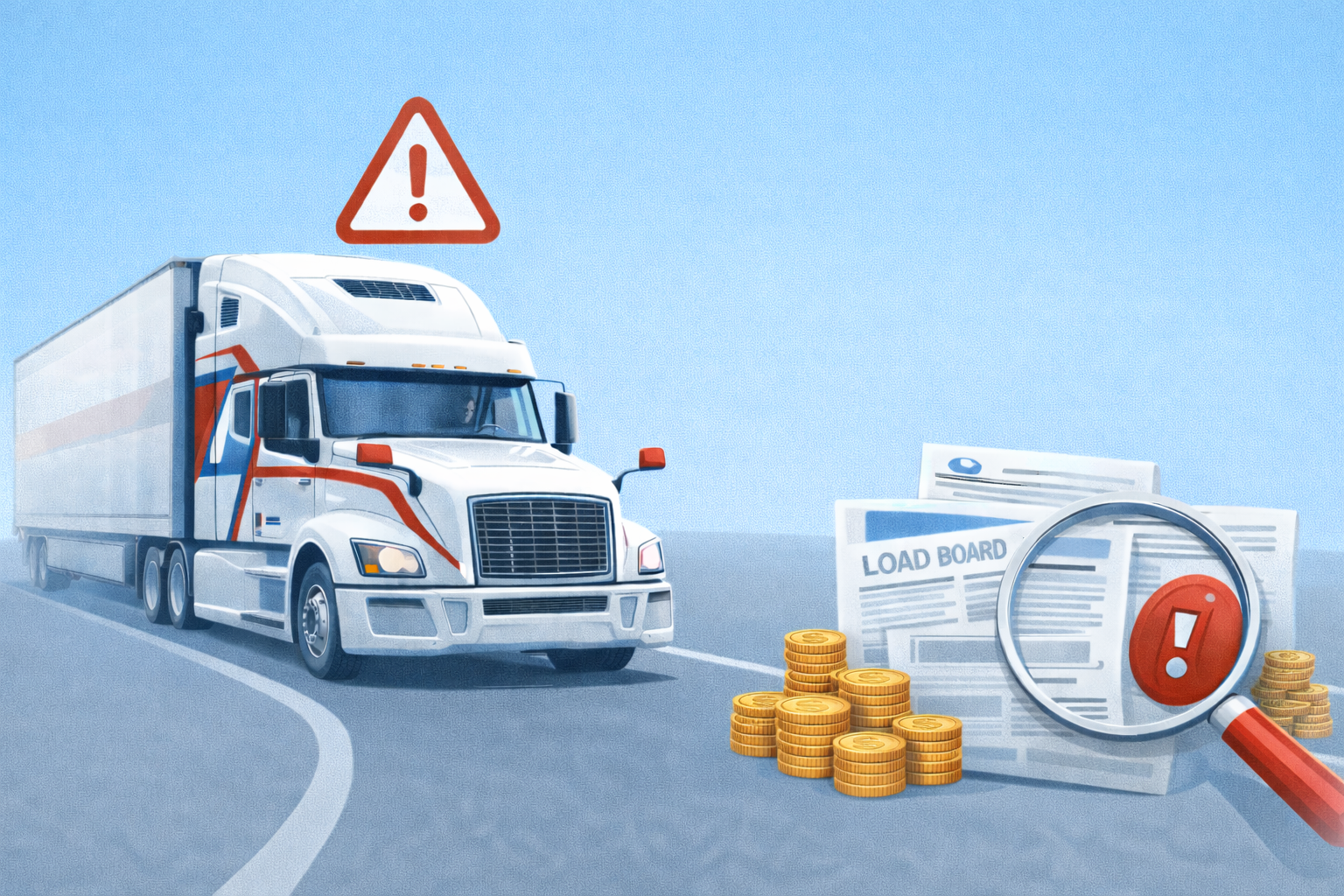Table of Content
- The Stay That Changed Little
- Across the Country, Most States Stay Frozen
- Arizona Moves Forward (But Only Partially)
- California and Nevada Move in the Opposite Direction
- Some Drivers Finding Success – But Only in Certain States
- Inside the DMV: What Drivers Are Actually Experiencing
- Why States Are Hesitating
- What Drivers Can Expect Going Forward
- Bottom Line

This article reflects the regulatory situation following the D.C. Circuit Court stay issued in late 2025. While some state policies may continue to evolve, the core uncertainty around non-domiciled CDL renewals remains relevant for drivers in 2026. We are monitoring updates and will revise this article if federal or state guidance changes.
When the D.C. Circuit Court issued an emergency stay on FMCSA’s non-domiciled CDL rule, many drivers exhaled for the first time in months. For a moment, it looked like the freeze on renewals and new applications might finally lift.
But the reality on the ground turned out very different. Instead of restarting issuance, most states decided to wait – or even tighten their restrictions further. Across the country, DMVs are reviewing, pausing, canceling, or refusing to take action until they’re certain what the final legal outcome will be. And that uncertainty is falling squarely on the shoulders of drivers who depend on timely renewals to keep working.
The Stay That Changed Little
The stay issued by the court didn’t overturn FMCSA’s interim final rule. It simply froze it. According to FMCSA’s own guidance, states are not prohibited from issuing non-domiciled CDLs under the old regulations
In theory, that clears states to restart the old system.
In practice, most want more certainty before making any move.
Some states worry about issuing CDLs today only to recall or cancel them later. Others are under internal audit. And some say they cannot reconfigure their internal systems for a temporary pause.
The stay may have opened a legal door, but very few states are stepping through it.
Across the Country, Most States Stay Frozen
Colorado, Michigan, New York, Ohio, Pennsylvania, South Dakota, Texas, Virginia, and Washington all confirmed they are not resuming issuance of non-domiciled CDLs, even after the stay. They’re reviewing the situation, watching the lawsuit, or waiting for guidance.
Some states gave very pointed explanations. Ohio said it cannot move forward until it completes a full internal audit of compliance. Virginia made it clear that restarting now, only to shut down again later, would be disruptive to CDL schools and state training systems. Pennsylvania, under heightened attention after a non-domiciled CDL holder wanted abroad was found to have been licensed in the state, is approaching the issue even more cautiously.
States that were previously flagged by FMCSA for improper issuance – including South Dakota and Washington – are unwilling to take any steps until they’re fully aligned with federal expectations.
Even Texas, one of the largest issuers, is conducting a full internal review with no timeline for reopening.
These decisions are not coordinated – but the outcome is the same everywhere: a continued, statewide pause.
Arizona Moves Forward (But Only Partially)
Arizona is one of the only states that publicly announced a shift. It resumed issuing non-domiciled CDLs, but only for a narrow category of applicants: U.S. citizens, permanent residents, and holders of H2A, H2B, or E2 visas.
This is not a return to the broader eligibility that existed before the interim final rule. Instead, Arizona chose to follow the rule’s stricter categories, not the previous system the stay technically restored.
For most drivers, that means the situation hasn’t improved.
California and Nevada Move in the Opposite Direction
While most states chose caution, two took far more dramatic action.
California: 17,000 CDL Revocations Underway
California’s internal review found that 17,000 non-domiciled CDLs had been issued improperly. The state is revoking them, giving drivers 60 days’ notice before cancellation.
Drivers report being turned away from renewals, upgrades, and even medical card updates, including those who brought printed copies of the court stay.
Nevada: Program Eliminated Completely
Nevada announced it is permanently removing its limited-term CDL program and canceling nearly 1,000 licenses. This is not a temporary reaction to the stay – it’s a structural change that ends non-domiciled CDL issuance in the state for good.
Some Drivers Finding Success – But Only in Certain States
A few drivers reported successful renewals or issuances in New Jersey, Delaware, and Florida.
But these seem to be isolated cases rather than statewide policies. What works at one DMV counter may fail at another only a few miles away, adding to the overall confusion.
Inside the DMV: What Drivers Are Actually Experiencing
Driver experiences paint the clearest picture of all. Across multiple states, drivers describe:
- appointments canceled without explanation
- staff refusing to process renewals
- clerks handing out sheets saying issuance is paused “until further notice”
- refusal of medical card updates tied to limited-term CDLs
- offices acknowledging they have no updated instructions
These aren’t edge cases – they are widespread, everyday experiences. The stay may have changed the legal structure, but it hasn’t changed the operational reality.
Why States Are Hesitating
States are citing three main reasons for not moving forward:
Compliance concerns:
Some states were previously flagged by FMCSA, and no one wants to risk penalties or federal funding by acting too quickly.
Operational disruption:
Switching back to the old system now, only to potentially switch again later, would require retraining staff, updating systems, and adjusting workflows.
Temporary nature of the stay:
Because the stay is not a final ruling, states want stability before making decisions that affect thousands of drivers.
In short, they prefer a stable “pause” over a temporary restart.
What Drivers Can Expect Going Forward
For now, drivers should expect the system to remain largely unchanged:
– most states will stay paused
– California and Nevada will continue issuing cancellations
– renewals and new issuance will be difficult
– CDL schools may be cautious about enrolling non-domiciled students
– DMV experiences will vary widely
It’s a frustrating landscape, especially for drivers who rely on timely paperwork to stay on the road. But until states get long-term clarity, many are choosing the path of least risk – even if that leaves drivers in a holding pattern.
Bottom Line
The court’s stay opened the door.
Most states chose not to step through it.
If you’re exploring alternatives while regulatory questions are resolved, it may be useful to understand what non-CDL driving roles are available and how they differ from CDL positions.







